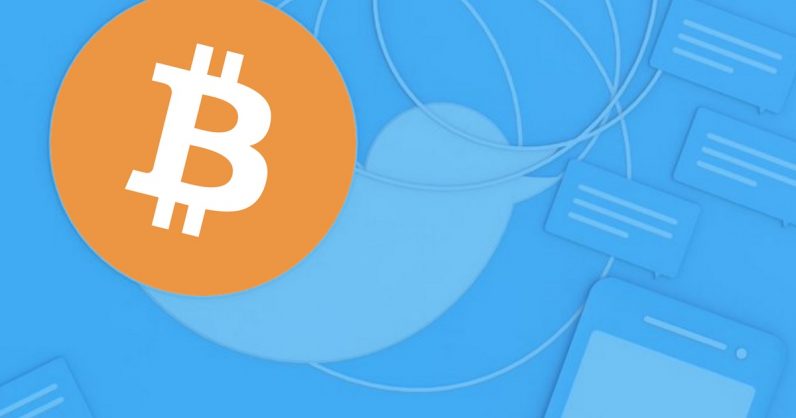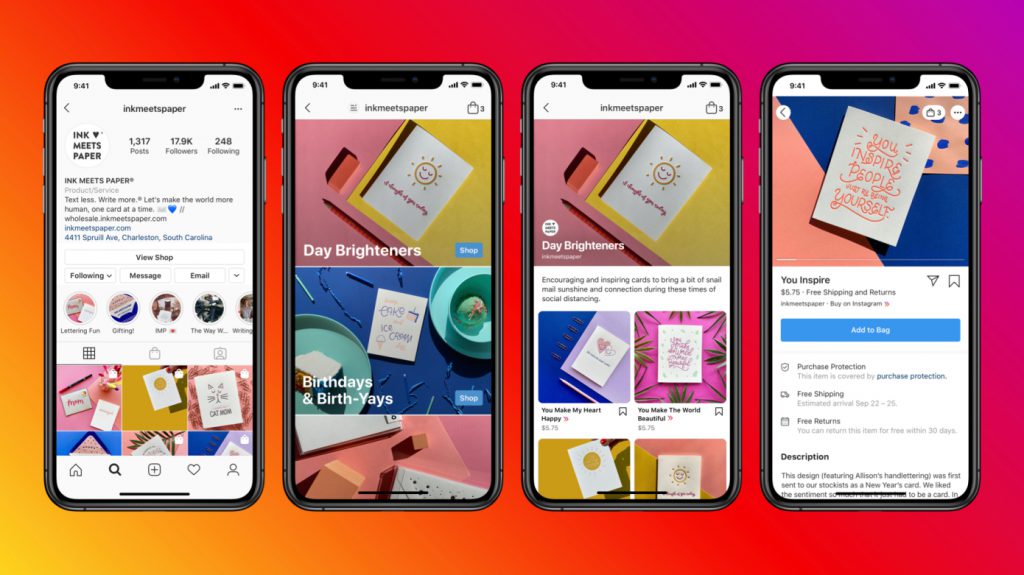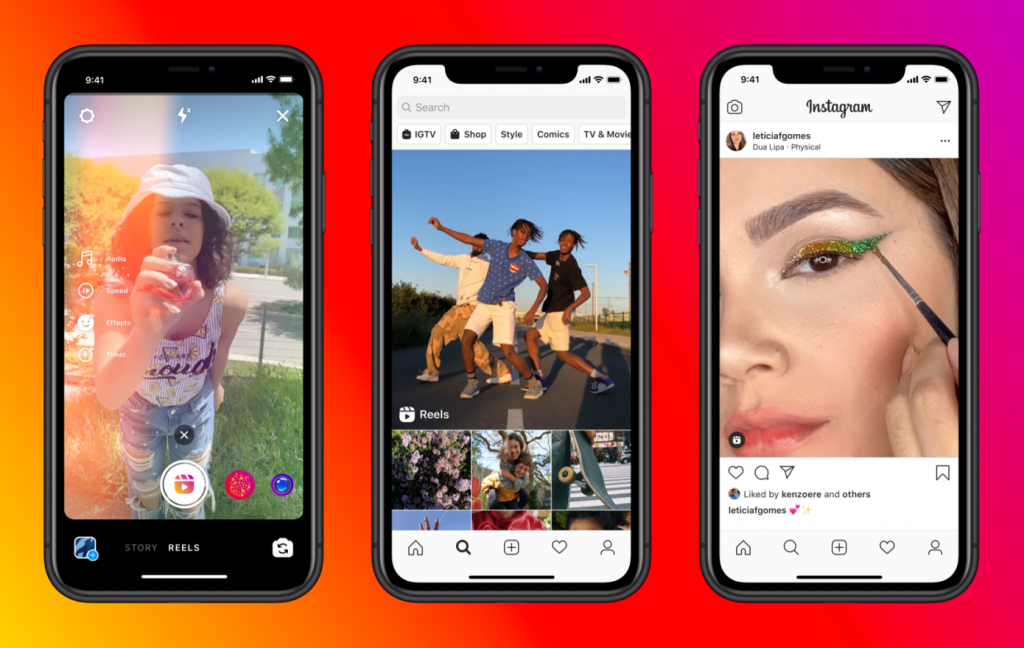The Week in Social: Twitter Security, Instagram Shop, and Spotify from Home
Twitter’s Security Compromise
The biggest security compromise in Twitter history happened this week, as several high-profile accounts were taken over by hackers. Promising to make viewers rich via Bitcoin, the scheme managed to conjure up almost $120,000 before the Twitter Support team shut it down. Twitter Support said later that “…We detected what we believe to be a coordinated social engineering attack by people who successfully targeted some of our employees with access to internal systems and tools.” What does this mean? The calls were coming from inside the house, and Twitter’s own admin tools were used to commit the crime. All has calmed within the last several days since the incident, but let’s hope that Twitter addresses the issue before more dire consequences arise from a future potential attack.

Read more on The Next Web.
Instagram Gives Users A Shopping Spree With New Feature
On Thursday, Instagram launched Instagram Shop, a platform-integrated buying experience linked through the Instagram explore page. This new service allows users to buy from their favorite creators without having to leave the app. Although buying products in-app is not new to Instagram, Shop provides a direct solution for brands and creators who use the platform for advertising their products. Instagram Shop will also be integrated with the recently-launched Facebook Pay, allowing users to donate to businesses that have been impacted by the COVID-19 Outbreak. The added convenience combined with the façade of buying right from the creative (Instagram is taking a cut, of course) make Instagram Shop a feature to look out for in H2.

Read more on Tech Crunch.
Time May Be Up For TikTok as Reels Makes Its Debut
Instagram there is hoping to gain ground on TikTok with a competing product: Reels. Reels is set for an early August release in over 50 countries, including the U.S, after being tested in Brazil, France, Germany, and, most recently, India. The new offering lets users broadcast 15-second videos with built-in optional effects and editing capabilities to a global audience. The release of Reels has been expedited due to the privacy concerns that surround TikTok. After members of the U.S. Government called for a potential ban of the video streaming platform, similar apps such as Byte and Triller have already seen a bump in downloads as TikTok users prepare for the worst. Instagram captured the magic of the static post feed, will lightning strike twice with their new venture?

Read more on Tech Crunch.
Gmail Overhauls To Adjust To The Modern Worker
This past Thursday, Google announced that they’ll be giving Gmail a makeover – their first major overhaul since discontinuing InBox last year. Google wants to compete with Slack, the game-changer in work-related communications. This makeover will include the entire Gmail suite, combining Google Chat, Meet, and Rooms. The reimagined Gmail adds new functionalities such as the ability to forward chat messages to your inbox, search through chat messages from the Gmail interface, and ban ejected meeting members from rejoining without an invite. Google is seldom the platform having to compete against a competitor, but time will tell to see if these new updates can convert Slack’s loyal consumer base.

Read more on The Next Web.
Spotify Thrives In The New Normal
This past March revolutionized the way many adults in the world got to work. The seemingly monotonous hour-long commutes turned into a 30-second walk from the bedroom to the kitchen table almost overnight. Popular music streaming service Spotify was rightfully concerned. Spotify’s primary consumers use the app during their daily commute. A world of remote workers could put their ubiquity in jeopardy. However, as time went on, users began to adapt to listening to music from their home offices (or kitchens). A representative of Spotify notes that the usage among TVs and gaming consoles has shot up by over 50%. Spotify also recorded a 31% rise in paid customers in the first several months of 2020. This shows that no matter the situation, the platforms that work will find a way to work.

Read More on The Drum.